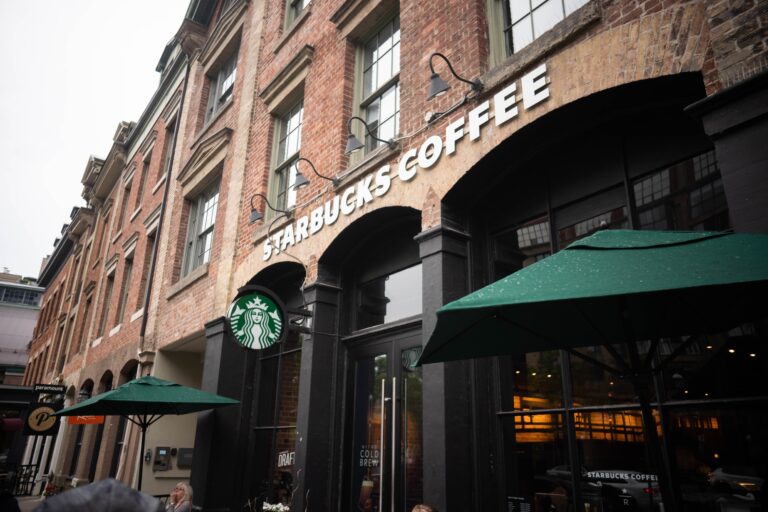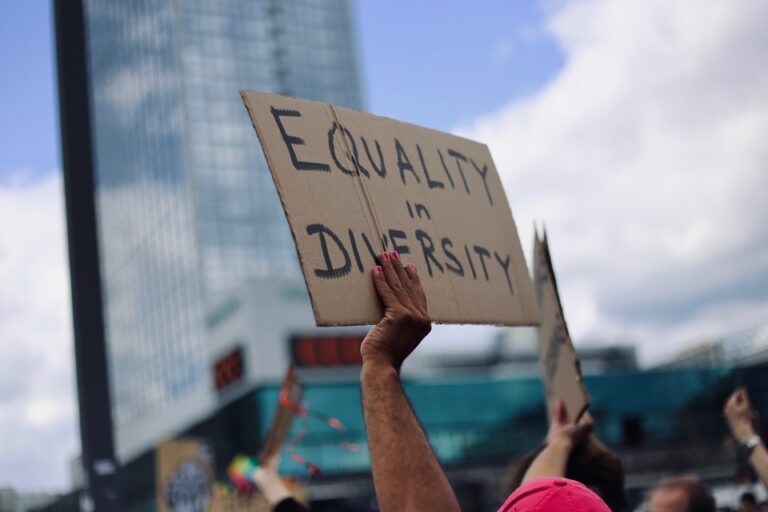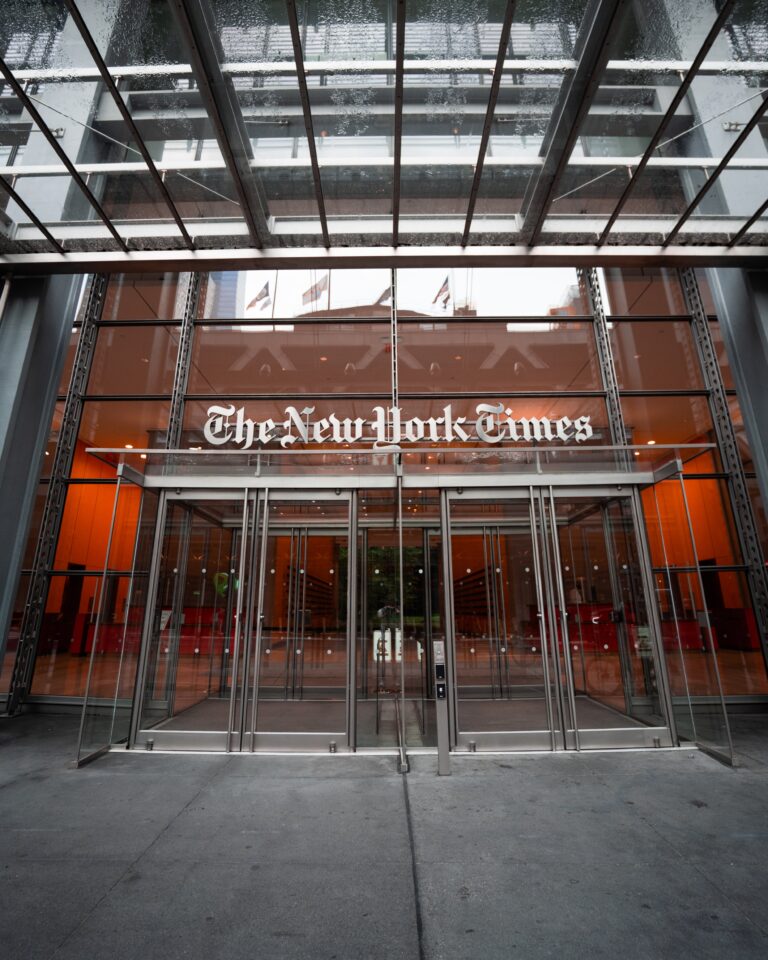
Sharon Block is a Professor of Practice and the Executive Director of the Center for Labor and a Just Economy at Harvard Law School.
Last month, I had the privilege of testifying before the Senate Health, Education, Labor and Pensions at the hearing titled, “No Company is Above the Law: The Need to End Illegal Union Busting at Starbucks,” at which Chairman Bernie Sanders questioned former Starbucks CEO Howard Schultz about the company’s response to workers union organizing. As a witness at the hearing, I had a front row seat for the misrepresentations and misdirection perpetuated by Mr. Schultz.
To provide some context for those who missed the hearing, over the past 18 months Starbucks workers have won union elections at more than 350 Starbucks stores. Led by Howard Schultz, the company has waged a ferocious anti-union campaign to stop the union organizing, which has resulted in Starbucks workers filing more than 500 allegations of unlawful conduct against the company. The barista witnesses at the hearing told the Senate that they have fighting for a union so they can earn enough to survive. They told stories of unexpectedly losing health insurance when supervisors cut their hours below the threshold for being eligible for benefits and of not making enough each week to be able to afford both rent and food.
Mr. Schultz sat before the Committee and the public and repeatedly denied that Starbucks had done anything wrong. He didn’t just defend his conduct – he repeatedly misstated the law to obfuscate just how opprobrious the company’s conduct has been.
First, Mr. Schultz asserted that the workers have only offered allegations of misconduct so far and he denied that there have been any determinations that Starbucks has violated the law. That statement is untrue in more than 250 ways. That’s because career federal officials have found more than 250 times that there is merit to the workers’ allegations. In addition, four National Labor Relations Board members (from both political parties), two federal district court judges and seven administrative law judges have delved deeply into the facts and found that Starbucks has committed violations of the Act.
Second, Mr. Schultz with support from Republicans on the Committee attacked the legitimacy of the investigation into Starbucks’ unlawful conduct, alleging that the NLRB’s conduct was politically motivated. In a Trumpian manner, he offered absolutely no evidence to support these allegations. In addition, his allegations are inconsistent with the way that the NLRB works. Neither the Board members or the NLRB General Counsel – the only political leaders at the agency – can initiate an investigation or make an allegation of unlawful conduct. The allegations against Starbucks have been filed by workers. Career public servants, who are impartial decisionmakers, not political appointees, have investigated and made initial determinations of illegality. In making his partisan attack, he is impugning the integrity of hardworking, honest public servants.
Finally, Mr. Schultz repeatedly defended his decision to withhold certain benefits from baristas at unionized stores, while providing them to baristas in stores without unions by blaming “the law.” His assertion that the NLRA prevents him from providing new benefits to unionized workers during bargaining is false. As was pointed out at the hearing, the union waived its right to bargain over the critically important new healthcare benefits that Starbucks rolled out for nonunion baristas, including access to trans-inclusive care and travel costs for baristas who live in states where abortion is banned. Moreover, the NLRB has issued complaints against Starbucks alleging that the denial of improved benefits for unionized workers was done for the purpose of discouraging union activity. The irony of Mr. Schultz perpetuating his unlawful anti-union campaign by wrapping himself in faux respect for that law is worthy of notice.
Mr. Schultz’s willingness to blithely misstate the law to cover up his company’s unlawful conduct matters. It matters a lot. It is a bedrock of our democracy that the law applies to everyone, including the most powerful. Labor unions play an important role in protecting that bedrock principle, so much is at stake in ensuring that Starbucks’ workers’ rights to unionize are protected and respected. Before the HELP Committee, Mr. Schultz undermined both.










Daily News & Commentary
Start your day with our roundup of the latest labor developments. See all
February 13
Sex workers in Nevada fight to become the nation’s first to unionize; industry groups push NLRB to establish a more business-friendly test for independent contractor status; and UFCW launches an anti-AI price setting in grocery store campaign.
February 12
Teamsters sue UPS over buyout program; flight attendants and pilots call for leadership change at American Airlines; and Argentina considers major labor reforms despite forceful opposition.
February 11
Hollywood begins negotiations for a new labor agreement with writers and actors; the EEOC launches an investigation into Nike’s DEI programs and potential discrimination against white workers; and Mayor Mamdani circulates a memo regarding the city’s Economic Development Corporation.
February 10
San Francisco teachers walk out; NLRB reverses course on SpaceX; NYC nurses secure tentative agreements.
February 9
FTC argues DEI is anticompetitive collusion, Supreme Court may decide scope of exception to forced arbitration, NJ pauses ABC test rule.
February 8
The Second Circuit rejects a constitutional challenge to the NLRB, pharmacy and lab technicians join a California healthcare strike, and the EEOC defends a single better-paid worker standard in Equal Pay Act suits.